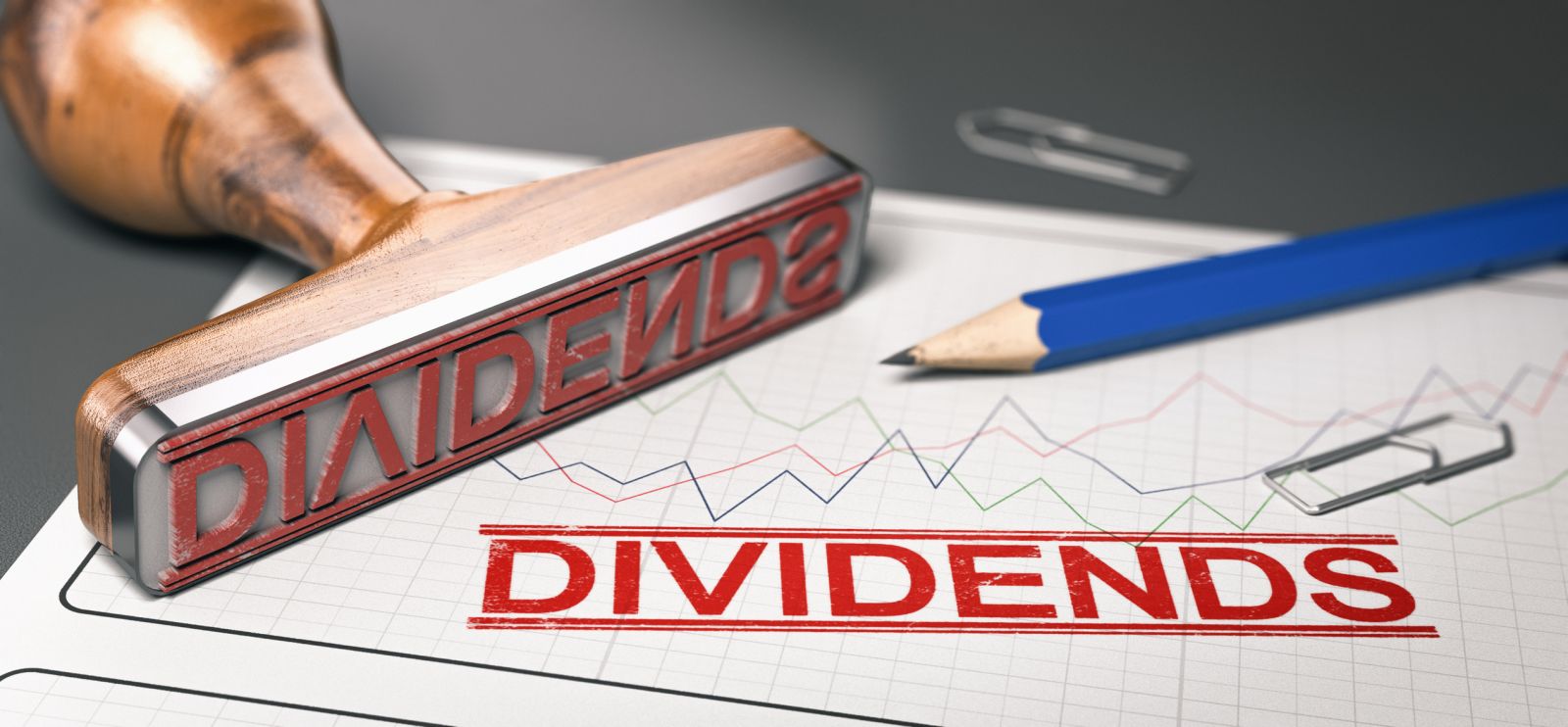
U.S. stocks have tumbled ever since President Donald Trump announced reciprocal tariffs on U.S. trading partners, raising fears of a global trade war. China has already retaliated with its own 34% tariff and other countries are contemplating their responses.
The tariffs will have an inflationary impact, and Federal Reserve Chair Jerome Powell has on more than one occasion said that the U.S. central bank is in no hurry to cut rates and instead will watch the impact of Trump’s trade and immigration policies. Multiple economists have raised the odds of a U.S. recession this year. The fears are not unfounded as the U.S. growth engine – that’s predominantly led by an unending consumption appetite – is losing steam, as retail companies warned in their recent earnings calls.
Recession Fears Rise Amid Trade War Talk
Low- and middle-income consumers were struggling with their monthly budgets even before the tariffs, and the new trade taxes will only make life tougher for most shoppers unless companies decide to absorb the higher import costs directly.
Given the current macroeconomic environment, bank stocks might be the last thing on an investor’s radar. And many advise staying away from bank stocks in a recessionary environment as delinquencies rise during these periods. Banks’ earnings also tend to nosedive during periods of economic slowdown as their interest income, which includes earnings from lending activity, as well as non-interest income that comes from activities like investment banking and stock broking, takes a hit.
However, I capitalized on the recent crash in bank stocks to add Citigroup (C) shares. In a previous article, I noted that the bank’s risk-reward wasn’t looking too favorable and that investors would be better off taking some profits off the table. However, the name has started to look attractive again for someone who can stomach the short-term volatility.

Why Citigroup Looks Like a Good Buy
Citi shares have traded at a discount to their large-cap bank peers for the last many years. Citi has been plagued by multiple issues, such as a complex reporting structure, a high-cost base, and poor capital management. The bank’s return and profitability metrics are much lower than those of its peers, which coupled with its frequent run-ins with regulators, took a toll on its valuations.
While banks trading below their book value are seen as undervalued, Citi even traded below its tangible book value. The gap between its tangible book value and stock price narrowed at its peak earlier this year but has since widened after the crash.
At the end of 2024, the bank’s tangible book value was $89.34, which gives us a price-to-tangible book value of just about 0.66x. While Citi might whipsaw amid the tariff chaos, the stock should revert toward the book value eventually, which would mean decent capital appreciation for investors.
Citi Pays a Fat Dividend
Citi currently has a dividend yield of 3.7%, while the corresponding number for Bank of America (BAC) and JPMorgan Chase (JPM) is under 3%. Moreover, Citi’s dividend growth is expected to be higher than that of other large banks over the next couple of years as the bank’s profitability improves amid its transformation.
Last year, Goldman Sachs said that it expects Citi to grow its dividend at a compound annual growth rate (CAGR) of 19% between 2024 and 2026.

Overall, with reasonable valuations, visible progress in its turnaround, and a healthy dividend yield, I find Citi’s risk-reward quite favorable here. While there are fears that Trump’s tariffs could lead the U.S. economy into a recession, I believe the recession – if it were to happen – would be quite shallow and wouldn’t lead to severe turmoil for the banking sector.
C Stock Forecast
Wall Street analysts have also given a thumbs up to Citi’s turnaround and it is currently rated as a “Strong Buy” or a “Moderate Buy” by 70% of analysts actively covering the stock while the corresponding number three months back was around 63%. Citi’s mean target price of $88.62 is 50% higher than the current price.
All together, Citi stock looks cheap enough to buy despite the tariff turmoil.








